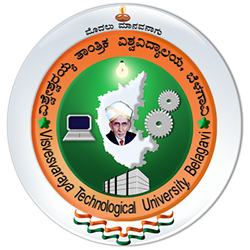
Why Are Internships Important?
An internship is a professional learning experience that offers meaningful, practical work related to a student’s field of study or career interest. An internship gives a student the opportunity for career exploration and development, and to learn new skills. It offers the employer the opportunity to bring new ideas and energy into the workplace, develop talent and potentially among employees.
Here it is !!!
Real-World Application: Internships allow students to apply theoretical knowledge from their studies to real-world engineering problems and projects.
Hands-On Experience: They provide practical experience with tools, technologies, and processes used in the industry.
Skill Development: Interns gain valuable technical skills specific to their field and develop essential soft skills like communication and teamwork.
Industry Exposure: Students get a firsthand look at how the engineering industry operates, including project management and workflow.
Networking: Internships offer opportunities to connect with professionals in the field, which can be beneficial for future job prospects and mentorship.
Career Clarity: They help students explore different areas within engineering, aiding in the discovery of their interests and potential career paths.
Resume Building: Internship experience enhances a resume, making it more attractive to potential employers and distinguishing candidates in a competitive job market.
Job Market Readiness: Internships prepare students for the job market by familiarizing them with industry standards and expectations.
Company Fit: Students can assess if a particular company’s culture and work environment align with their own career goals and values.
Problem-Solving Skills: Interns develop critical thinking and problem-solving abilities by tackling real engineering challenges.
Project Management Experience: Internships often involve working on projects, giving students experience in managing time, resources, and deadlines.
Learning from Professionals: Students have the opportunity to learn from experienced engineers and gain insights that are not typically covered in academic courses.
Career Advancement: Many companies use internships as a recruitment tool, and successful interns may receive job offers upon graduation.
- Academic Integration: Internships help students understand how academic concepts are applied in practice, reinforcing their learning and understanding.
These points highlight how internships provide a comprehensive, practical, and insightful learning experience that complements academic education and enhances career prospects for engineering students.


